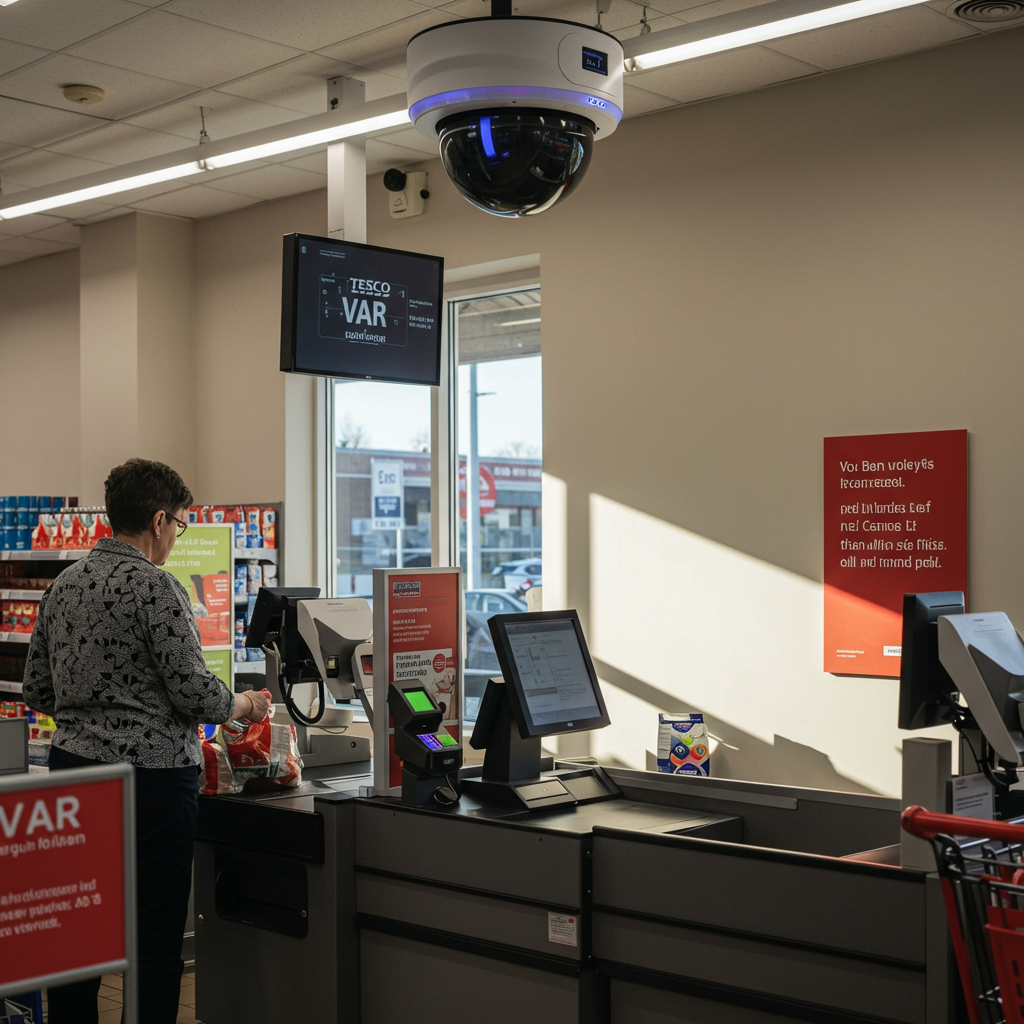Major Step in Infant Health: ACIP Recommends Merck’s ENFLONSIA for RSV Prevention
In a significant development for infant health, the U.S. Centers for Disease Control and Prevention (CDC) Advisory Committee on Immunization Practices (ACIP) has voted to recommend Merck’s ENFLONSIA™ (clesrovimab-cfor) as a preventive option against respiratory syncytial virus (RSV) lower respiratory tract disease. This recommendation specifically targets infants younger than 8 months of age during or entering their first RSV season.
The ACIP’s vote also provisionally included ENFLONSIA in the Vaccines for Children Program (VFC), a crucial step aimed at ensuring broad access to this new preventive measure for eligible infants across the United States. This move is seen as vital in addressing the significant burden RSV continues to place on young children, families, and healthcare systems.
Understanding ENFLONSIA: A New Preventive Option
ENFLONSIA is a long-acting monoclonal antibody (mAb) designed to offer direct, rapid, and durable protection against RSV. A typical RSV season usually runs from autumn through spring, and ENFLONSIA is intended to provide protection for up to 5 months, covering this critical period.
One of the key features highlighted is that ENFLONSIA is the first and only RSV preventive option for infants administered using the same dose, 105 mg/0.7 mL in a prefilled syringe, regardless of the infant’s weight. This standardized dosing simplifies administration for healthcare providers.
Timing of administration is important. For infants born during the RSV season, ENFLONSIA should be given within their first week of life. If an infant is born outside of the RSV season, the dose should be administered shortly before the season begins. A specific recommendation also exists for infants undergoing cardiac surgery with cardiopulmonary bypass during their first RSV season, suggesting an additional dose once the infant is stable post-surgery. The product boasts a 30-month shelf life.
Why RSV Prevention Matters for Infants
Respiratory syncytial virus is a common and contagious virus that can cause serious respiratory illnesses, including bronchiolitis and pneumonia, particularly in infants. According to the CDC, RSV is the leading cause of hospitalization among infants in the U.S., with estimates showing that two to three out of every 100 infants under 6 months of age require hospitalization annually due to the virus. The need for effective preventive tools for both healthy and high-risk babies entering their first RSV season remains significant.
Development and Availability
The U.S. Food and Drug Administration (FDA) had previously approved ENFLONSIA earlier this month. This approval was supported by clinical data from the Phase 2b/3 CLEVER and Phase 3 SMART trials, which evaluated the efficacy and safety of the monoclonal antibody.
Merck has announced plans for ENFLONSIA ordering to commence in July 2025, with shipments scheduled for delivery before the start of the 2025-2026 RSV season, ensuring providers can access the product ahead of peak transmission times.
Important Safety Information
Healthcare providers and parents should be aware of potential safety considerations for ENFLONSIA. The medication should not be administered to infants with a history of serious hypersensitivity reactions, including anaphylaxis, to any component of ENFLONSIA. Serious hypersensitivity reactions, including anaphylaxis, have been observed with other human immunoglobulin G1 (IgG1) monoclonal antibodies, and appropriate medical intervention should be available and initiated if such a reaction occurs.
In clinical trials, the most common adverse reactions observed were injection-site erythema (3.8%), injection-site swelling (2.7%), and rash (2.3%).
Next Steps
The ACIP recommendation is currently provisional. It will become official policy once it undergoes final review and is finalized by the CDC Director or the Health and Human Services Secretary.
Merck’s ENFLONSIA represents a new tool in the effort to protect vulnerable infants from the potentially severe impacts of RSV during their crucial first season.


